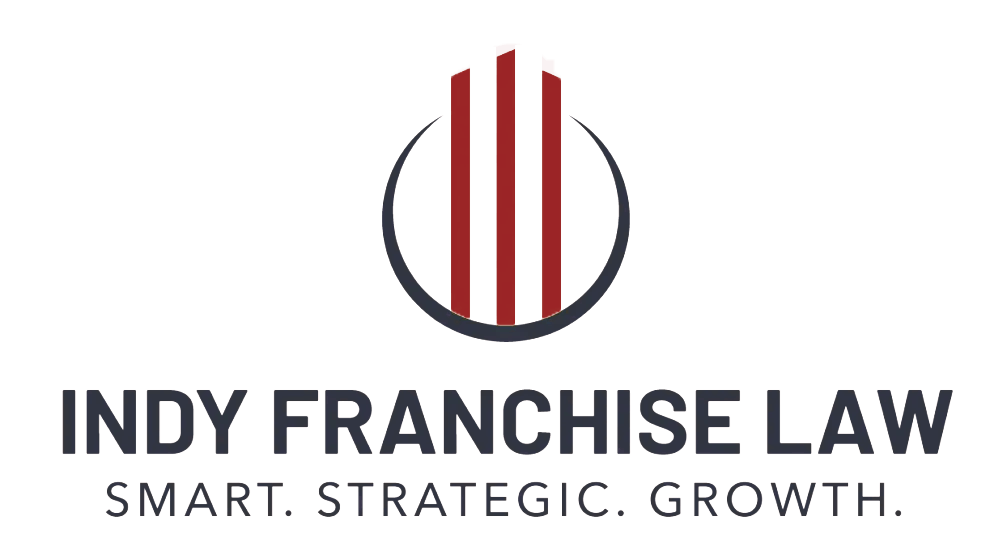Ok, I get it. You have no interest in franchising your business or in buying a franchise. You want to grow your business organically, with a local grassroots effort. You don’t want to pay royalties or a large up front fee. And you certainly don’t want to incur the cost of transforming your business into a franchise. It’s just not you. The reality is, franchising is just not for everyone. And it is much better that you understand this at the outset as opposed to “trying” out franchising half-heartedly. But here’s the thing: Even if you don’t like franchising, you must run your business like a franchise to maximize your efforts and your profits. And in order to do this, you must work to systemize your business. When you systemize your business, you spend less time on the day-to-day tasks which ultimately frees up your time so you can spend it in a way most beneficial to you and your business. Every business can be better with franchise-like systems. So what are these systems? Well, there are many, but they are all captured in a large and ever important Operations Manual. Every good franchise system creates an Operations Manual that documents the Who, What, When, Where, How & Why of the business. This Manual is the Bible of the business. The document that the owner must be intimately familiar with, and must convey the importance of following it to his/her employees and staff. But for your purposes, in operating one business, there are some things (such as site selection criteria, lease approval, grand opening procedures, etc.) that simply won’t apply. Essentially an Operations Manual for a non-franchised single location business should include 6 key sections:
-
- Personnel
- Daily Operating Procedures
- Sales Procedures
- Marketing
- Additional Resources
- Management Documents
**For a Detailed Worksheet on Each of these Sections, Click Here**
Each one of these sections is as important as the other. Together they make up a complete manual that can be a central source for you and your employees to follow to ensure that you are operating your business consistently, predictably, efficiently and hopefully profitably. Just like all other important parts of your business, you will need to conduct an annual review/audit of your Operations Manual and make changes where necessary. No business is able to set things in place and forget it. This is merely a detailed road map, that captures the essence of your business and clearly defines all roles, structures and operations. Once you go through the painful process of getting all of that great knowledge out of your head and onto paper you have the beginning of an Operations Manual and are on your way to creating a franchise-like business. As Michael Gerber eloquently states in his wonderful book, The E-Myth Revisited: “The entrepreneur is not really interested in doing the work; he is interested in creating the way the company operates.” As the inventor, you must create the systems and then the manual for others to follow and capitalize on your creation. Be the entrepreneur. Create the business. But most importantly, create the operations that run the business. Not every business is meant to be a franchise, nor should it be. But every business is meant to be profitable. And the best way to get there is through systems, processes, and procedures. The best franchise businesses understand this, and work daily to continuously fine tune and get better. Begin to operate your small business as a franchise and you will soon see the advantages that this great system of growth offers for businesses of any size.










Comments are closed.